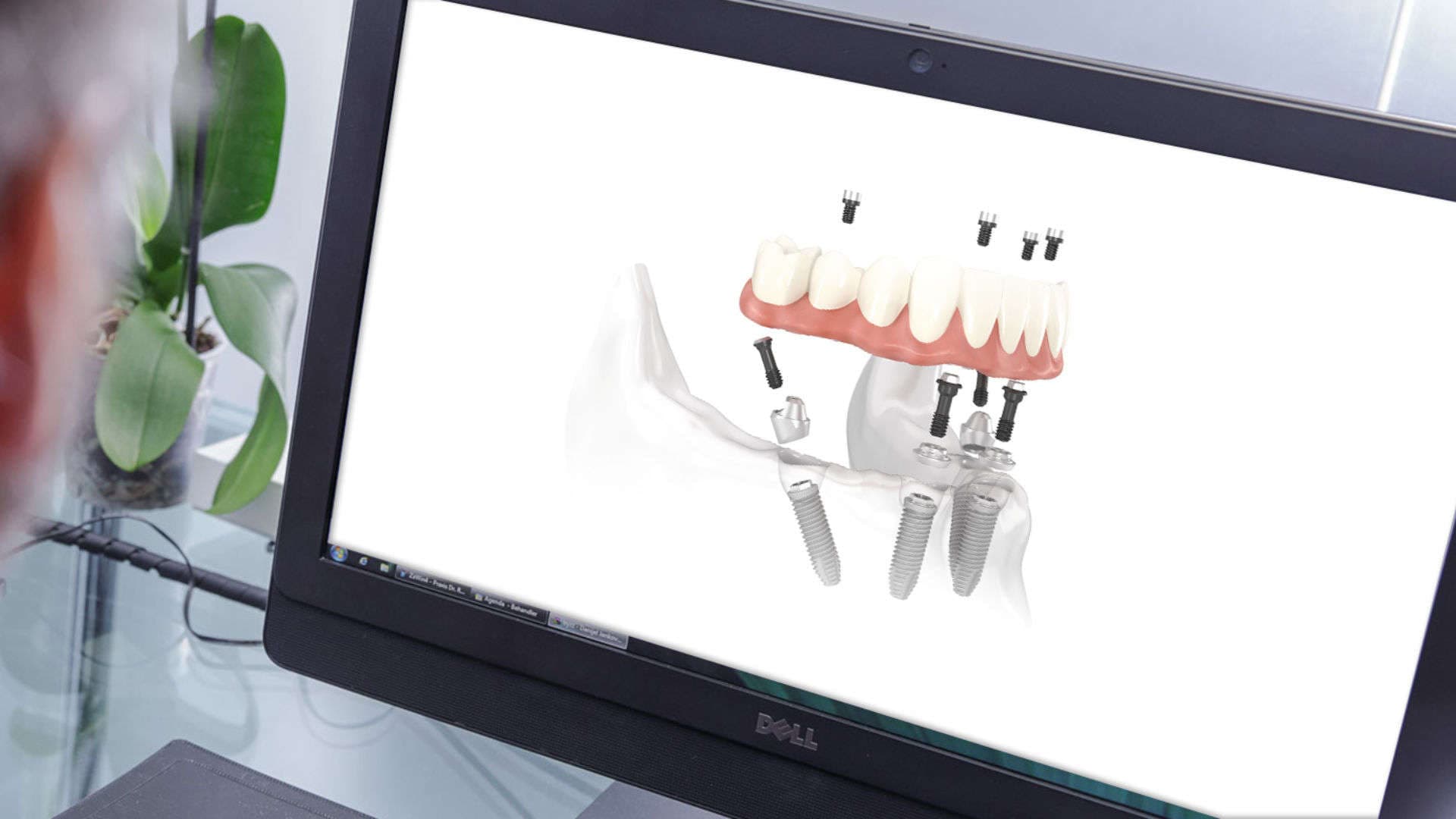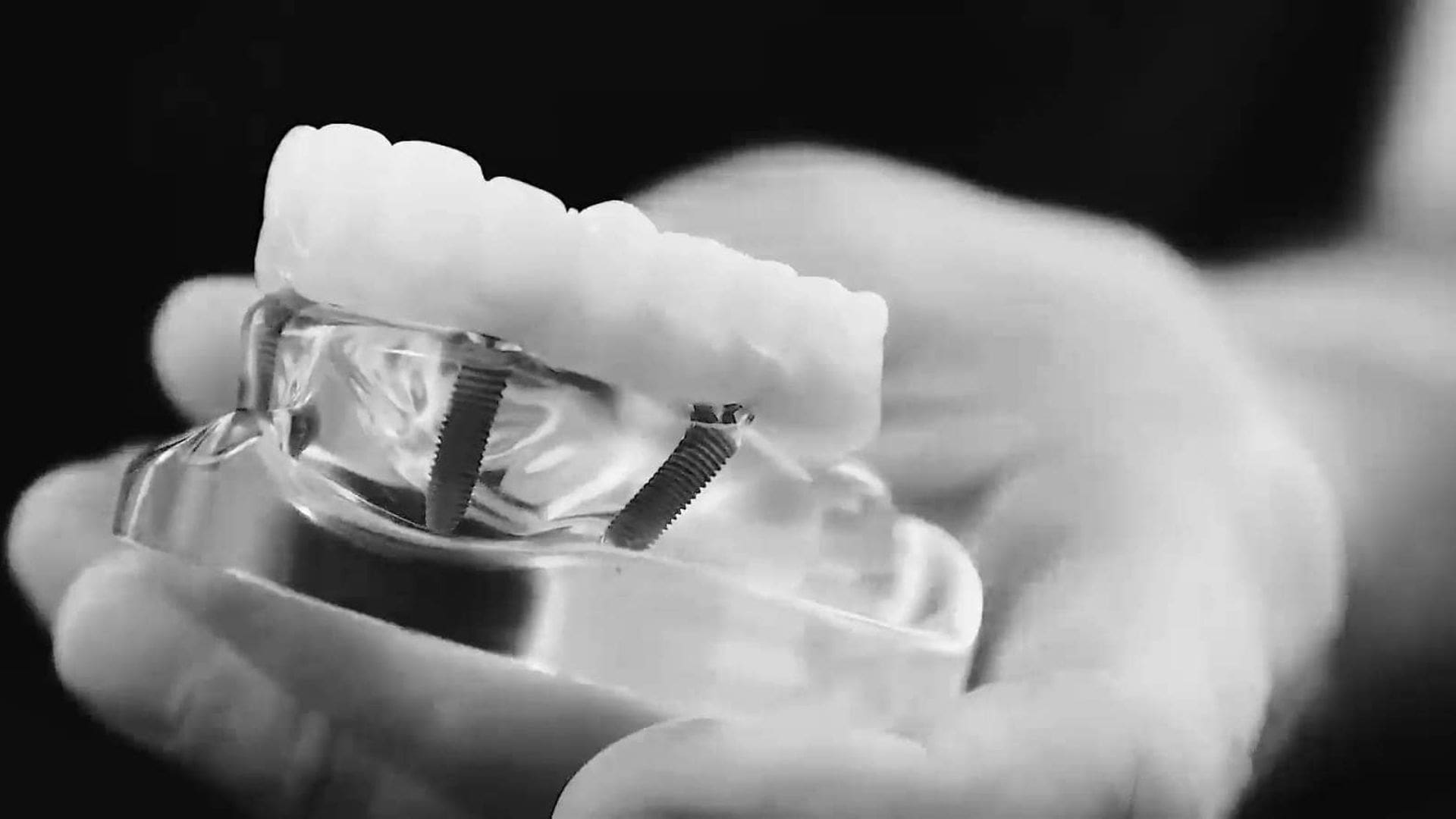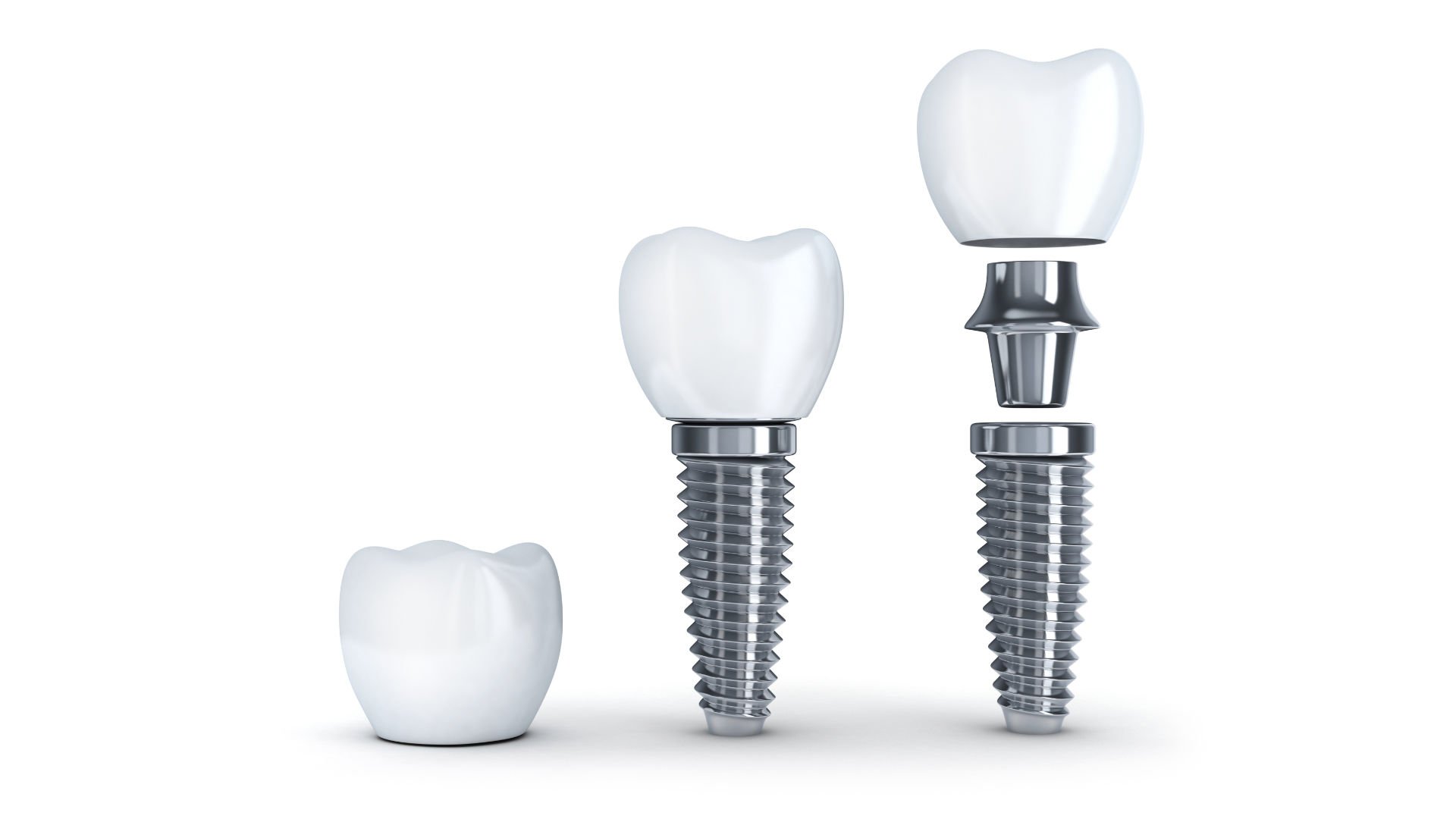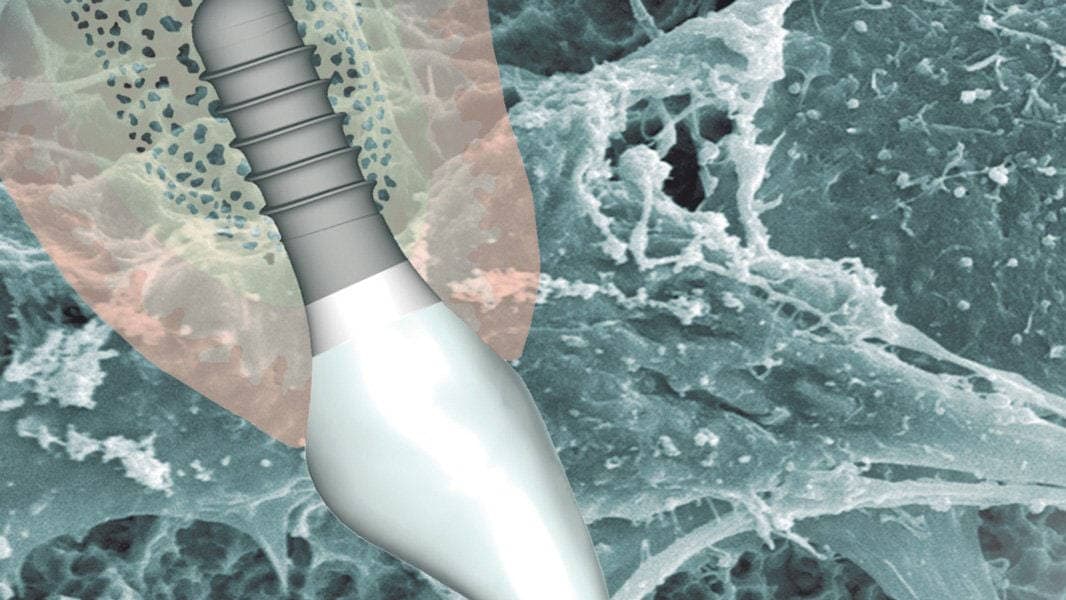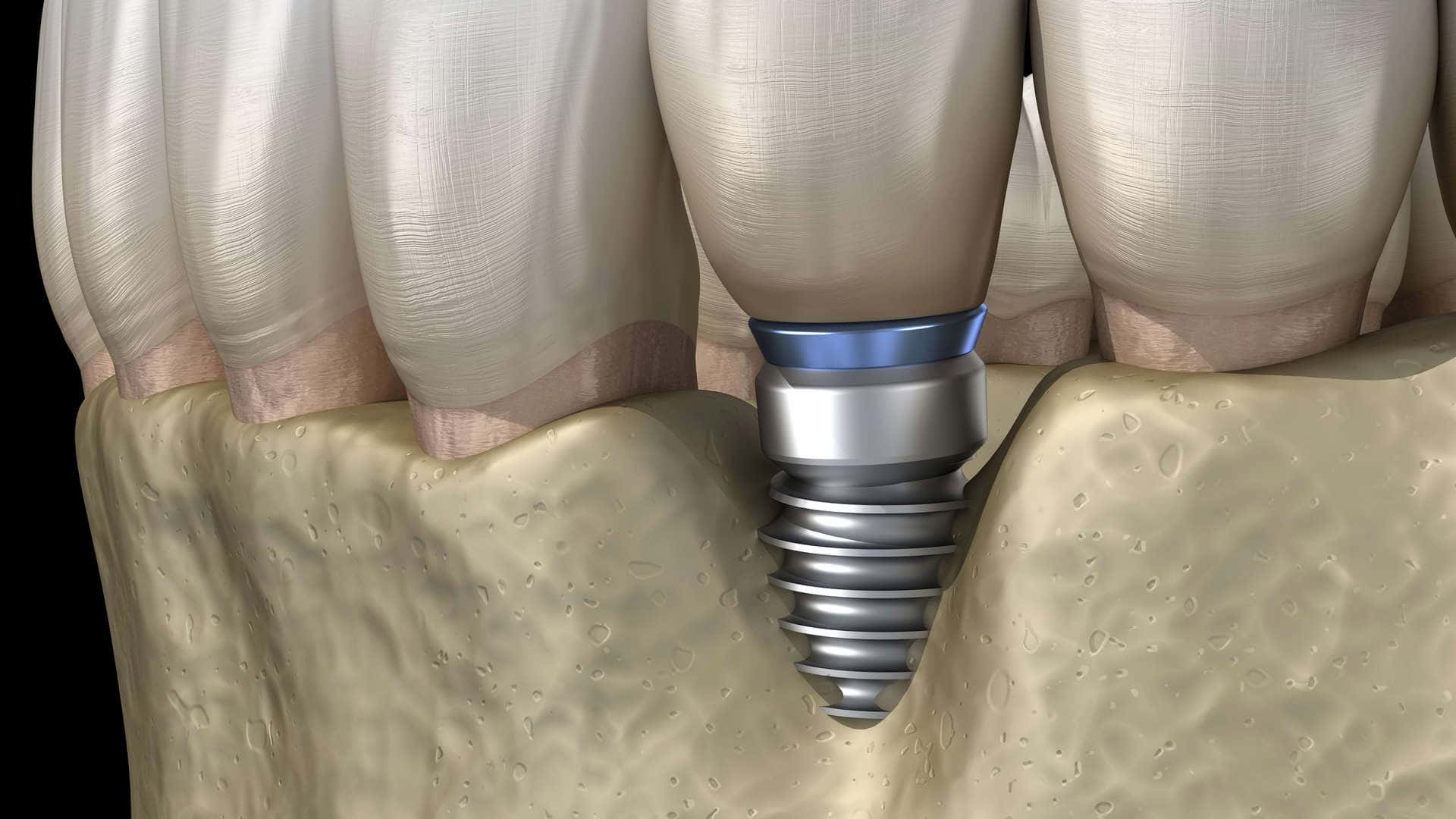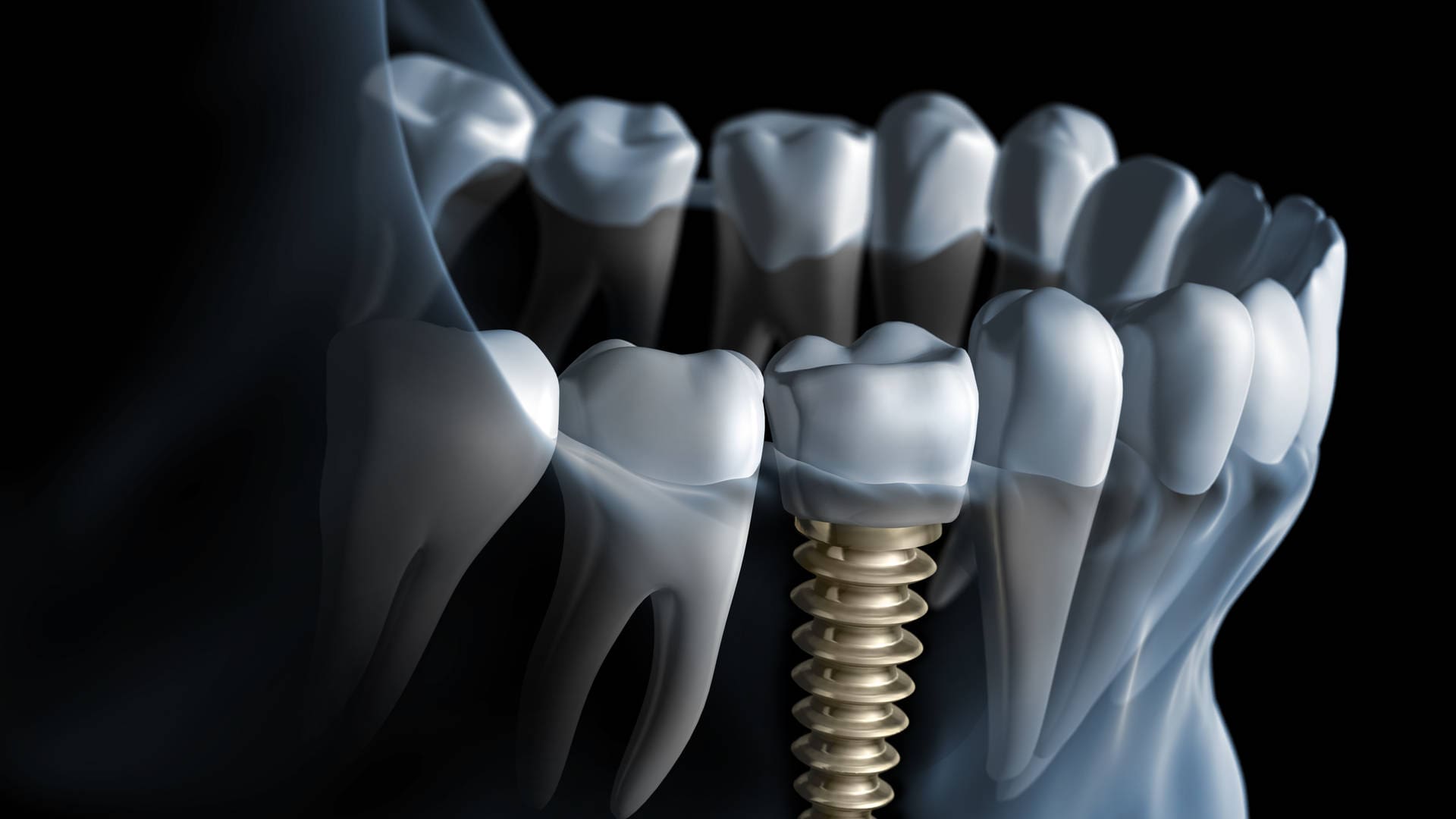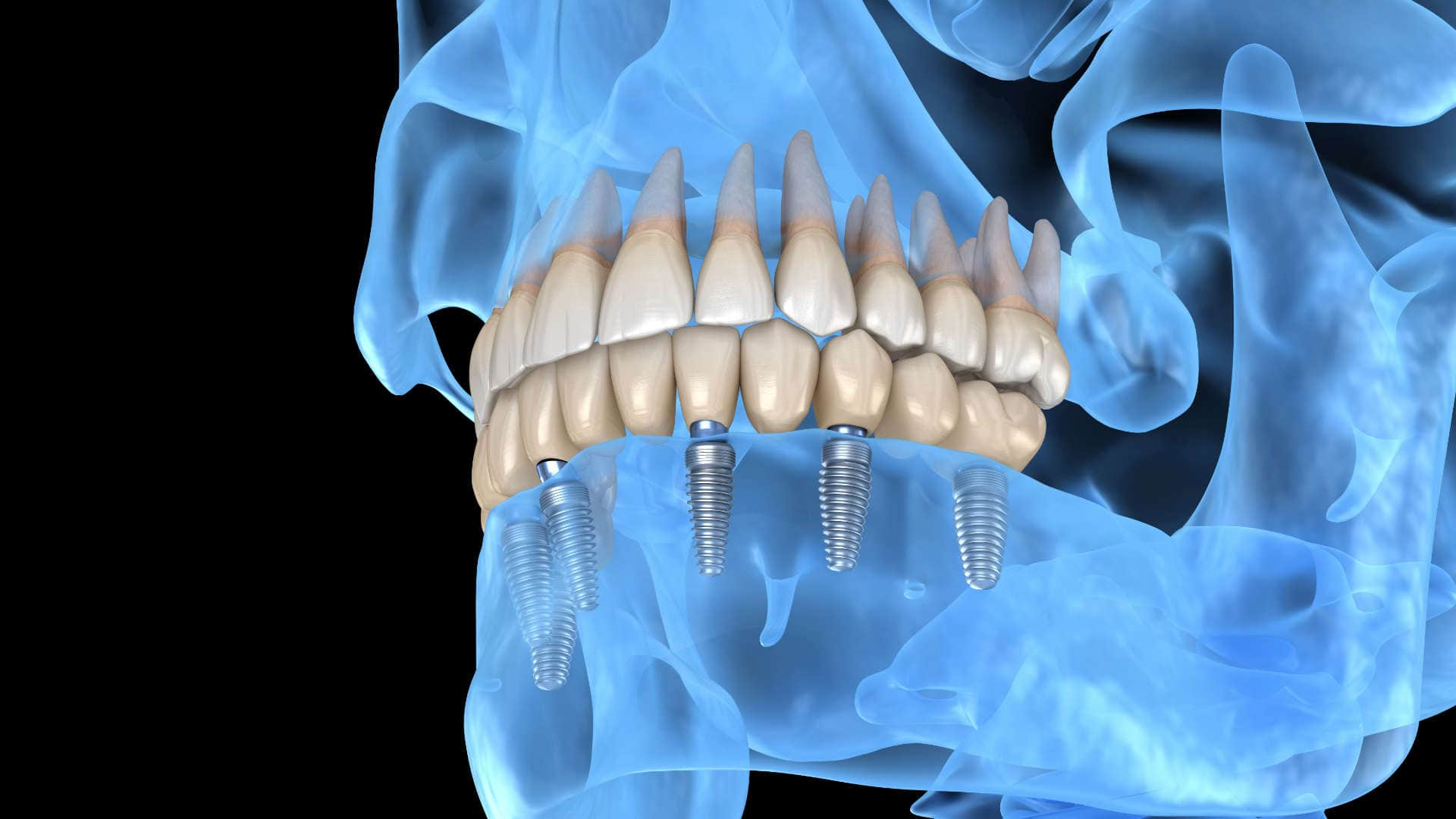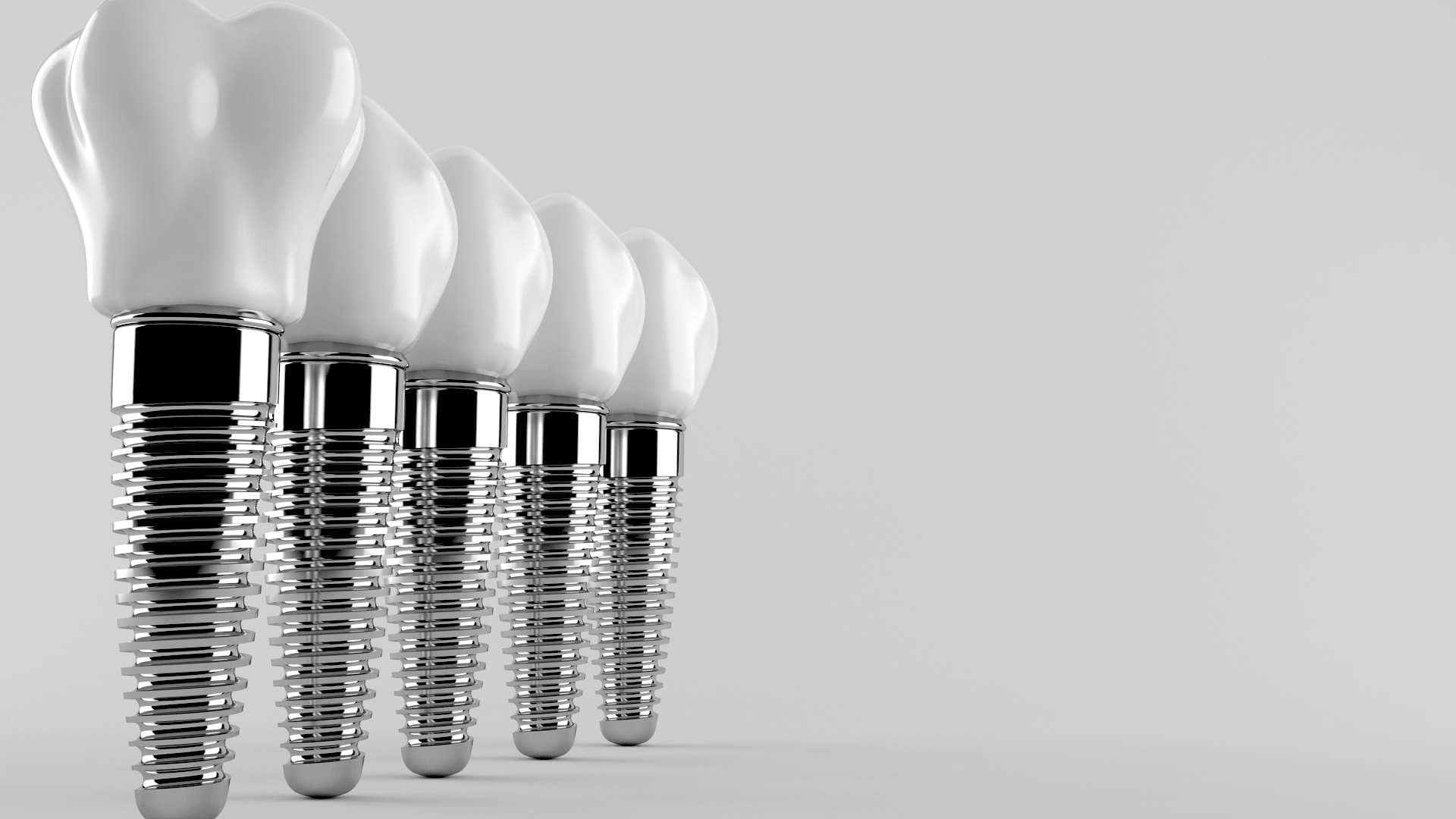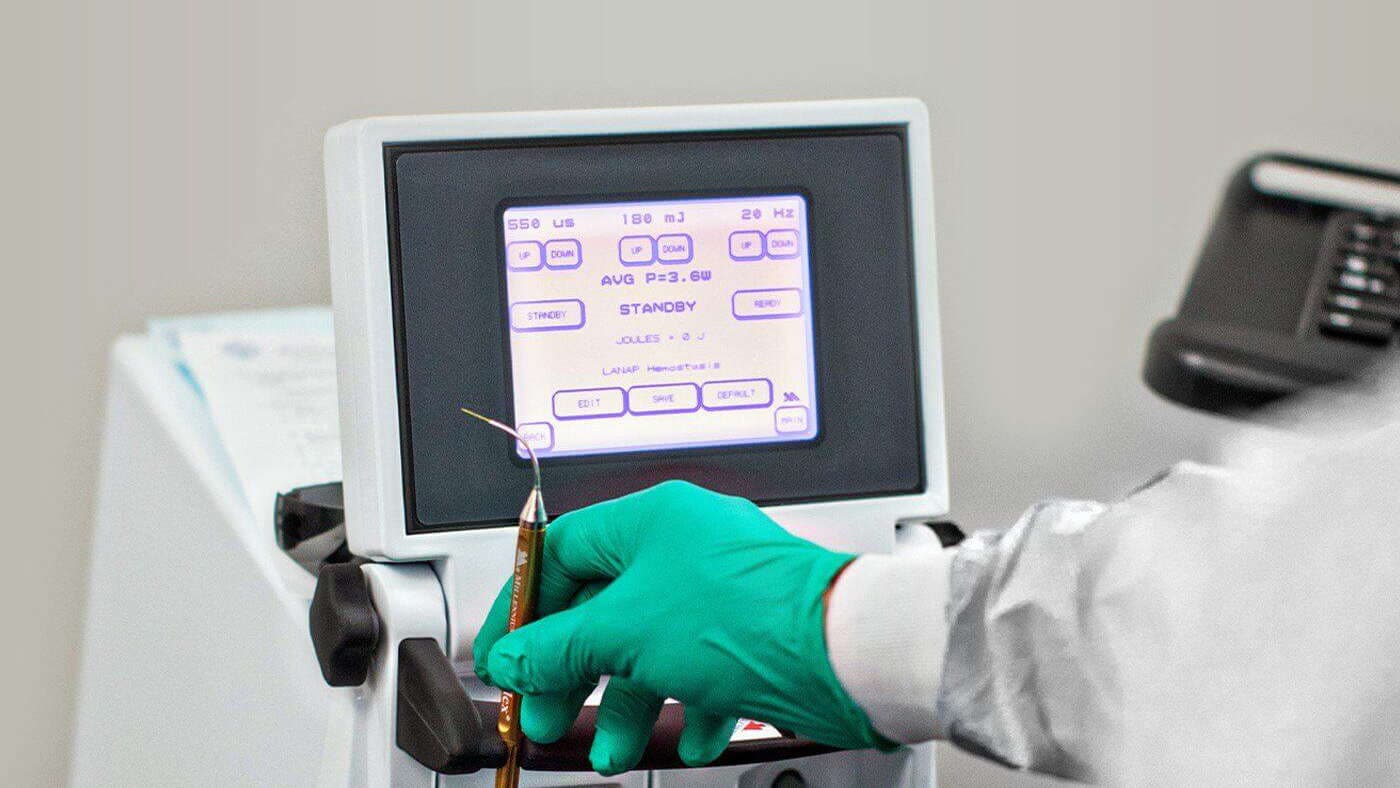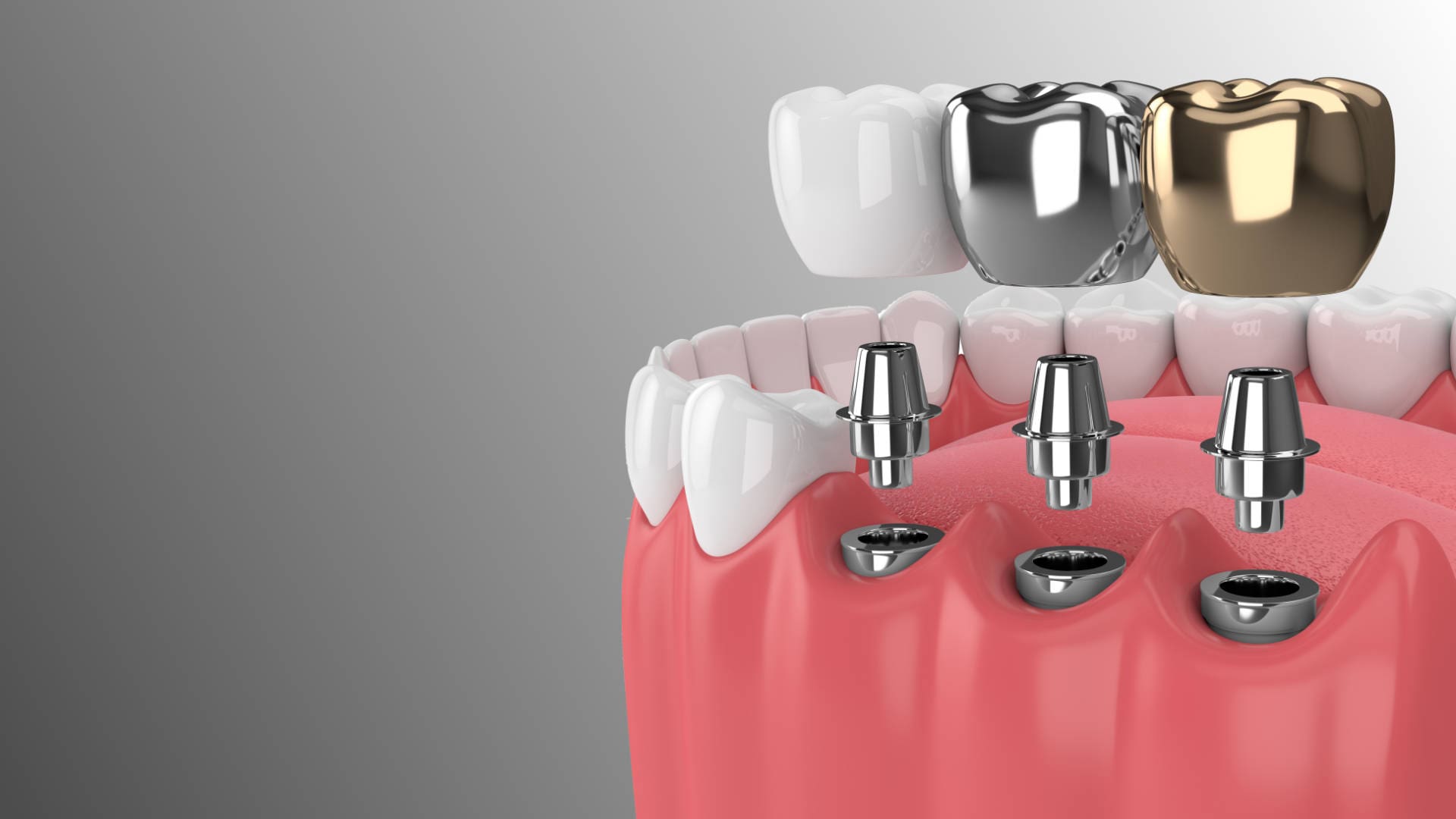Wondering whether to get a bridge or an implant? See which is the best option for you with the pros and cons of each option. So let’s see what the key factors to consider in order to choose which solution is best for you.
Dental bridges and implants: Advantages and disadvantages.

To replace a missing tooth, your dentist will recommend the use of a dental bridge or implant. Dental bridges are used to fill the gap that occurs after the loss of a natural tooth, resting on two or more natural teeth – abutments, while an implant replaces the natural tooth root in the jawbone and the artificial tooth is placed on top of it. Each of these solutions has advantages and disadvantages that need to be evaluated by patients to allay their concerns.
Oral care and maintenance
Both dental bridges and implants require care for their maintenance. This includes brushing, as you do with your natural teeth, and avoiding both smoking and eating sugary foods. Dental bridges often block floss access causing difficulty in completing oral care. Although dental implants do not have this problem, patients who do not maintain a good level of oral hygiene and proper post-operative care may experience infections of the area around the implant during or even after the healing process.
Resistance
Dental implants are supported by the jawbone, can withstand pressure like a natural tooth and are expected to last a lifetime. Dental bridges, on the other hand, put more pressure on teeth causing damage due to the fact that they are supported on natural teeth. In addition, bridges and natural teeth-supported bridges may over time suffer deterioration and damage and may require additional dental treatment for restoration or even replacement.
Aesthetic appearance
Although it is not easy to tell from your smile whether you have had a bridge or an implant placed, no one will be able to tell that you have had implants placed. Many times, bridges that are supported by teeth have aesthetic limitations due to the position of the natural supporting teeth and the position of the gums.
Cost
At the initial stage, a dental bridge may seem like a cheaper solution for the patient. A bridge can replace many teeth and usually requires pre-treatment and additional dental treatment on the natural supporting teeth. On the other hand, dental implants may require pre-treatment (regeneration) on the bone and gums of the missing tooth area increasing the final cost.
A dental bridge will probably last 10 – 15 years before replacement is required. With proper care, an implant can last a lifetime. So, an implant may cost you more time and money in the early stages, but in the long run it will save you extra expense and discomfort while ensuring multiple health benefits. Find out all the details regarding the cost and prices of implants.
Procedure duration
The dental bridge procedure is much shorter and can be completed in a few visits to the dentist. On the other hand, dental implants may take more total time (during which you wear temporary teeth) to complete the osseointegration of the implant into the jawbone and the placement of the final prosthetic work, usually after 3 to 6 months.
However, as previously mentioned dental implants can last a lifetime and may not require additional visits if no complications occur.
Health benefits
Although the dental bridge procedure is much shorter, in the long term dental implants offer much more practical benefits in terms of hygiene. One important benefit, among others, is that implants ensure the health of the gums and the structure of the jawbone around the implant. If you opt for the dental bridge solution, in the long run you will face problems of shrinking jaw bones, resulting in a change in the appearance of your face.
Why choose a dental bridge?
Dental bridges rely on natural teeth to bridge the gap created by tooth loss in your mouth. As a semi-permanent option, bridges are a quick solution to fill the gaps between your teeth.
Dental bridges are available in a variety of material types, including metal brackets. Although metal brackets are the cheapest option, they are prominent with an impact on the aesthetic appearance of the smile. For a better aesthetic effect, dental bridges are made of more expensive materials (porcelain or ceramic) that have the appearance of natural teeth.
The main disadvantage of dental bridges is that, due to the grinding of the teeth – brackets, two or more healthy teeth will be damaged during the procedure. If you decide you don’t like the dental bridge, this damage cannot be reversed and the teeth supporting the bridge will need crowns. In addition, if the tooth that the bridge is supported on is damaged and needs to be replaced you will need to have a new bridge installed.
However, bridges are a quick and easy way to replace missing teeth, making it easier to chew, speak and restore your smile.
Why choose a dental implant?
Unlike dental bridges, dental implants are a permanent solution that doesn’t harm other healthy teeth in your mouth.
Dental implants are the latest standard of care for tooth replacement. They are embedded in the jawbone and are stable bases for single crowns (sockets), implant-supported bridges or dentures.
Made of a special titanium material with a tooth crown on top, the implants are integrated with your jawbone. Dental implants have the function of natural teeth and can last a lifetime. With a custom-made crown, the implants are made to fit exactly in your mouth and are no different in appearance from natural teeth.
They ensure jaw health by preventing bone shrinkage in the areas where natural teeth are missing. Because the implants are embedded in your jawbone, they transfer forces to the bones when you chew, which is required to keep your bones intact. Without this energy, the jawbone atrophies and will begin to disappear, changing the shape of your mouth, the way you eat and speak, causing the onset of premature aging.
Within the same day, dental implants are surgically placed into your jawbone and a temporary crown is usually placed to cover the gaps. After this procedure, it takes three to six months to heal and allow bone to grow around the implant. The temporary crown you will have during this healing period is made to the exact size, shape, and color as the rest of your natural teeth. Although the process takes longer in time than dental bridges, dental implants have the appearance of natural teeth, prevent jaw bone loss, allow you to eat and speak as if you had your natural teeth, and are the perfect option to achieve a smile you want to share with those around you. See our guide for all the information you need about dental implants.
Bridge or implant? Which is the best solution for you
Comparing the two solutions, the main benefits of using dental implants are the predicted lifetime duration, ensuring jaw health and proper distribution of chewing forces between natural teeth and implant-supported teeth. Dental bridges have the advantage of having a lower initial cost and requiring a shorter treatment period. Both dental bridges and implants require care and restore a natural smile. See the table below for a detailed comparison between bridges and implants with the factors that will influence your choice.
| Factors | Bridges | Dental implants |
|---|---|---|
| Durability | They will be replaced after 10-15 years. | They can last a lifetime. |
| Appearance | They usually have a particular aesthetic appeal, but give a natural smile. | No one notices that you have an artificial tooth when it is accurately placed. |
| Cost | More economical solution | It can be a much more expensive solution when bone regeneration is required. |
| Duration of treatment | A few weeks. | Three to six months to complete. |
| Oral care and maintenance | Requires a high level of oral hygiene. Cleaning is more difficult. | Requires a high level of oral hygiene, as you do with your natural teeth. |
| Health Benefits | They do not offer long-term jaw health benefits. Instead, they cause wear and tear on the supporting teeth and do not prevent facial features from deteriorating. | They provide more support to the adjacent teeth and contribute to good gum and jawbone hygiene. |



